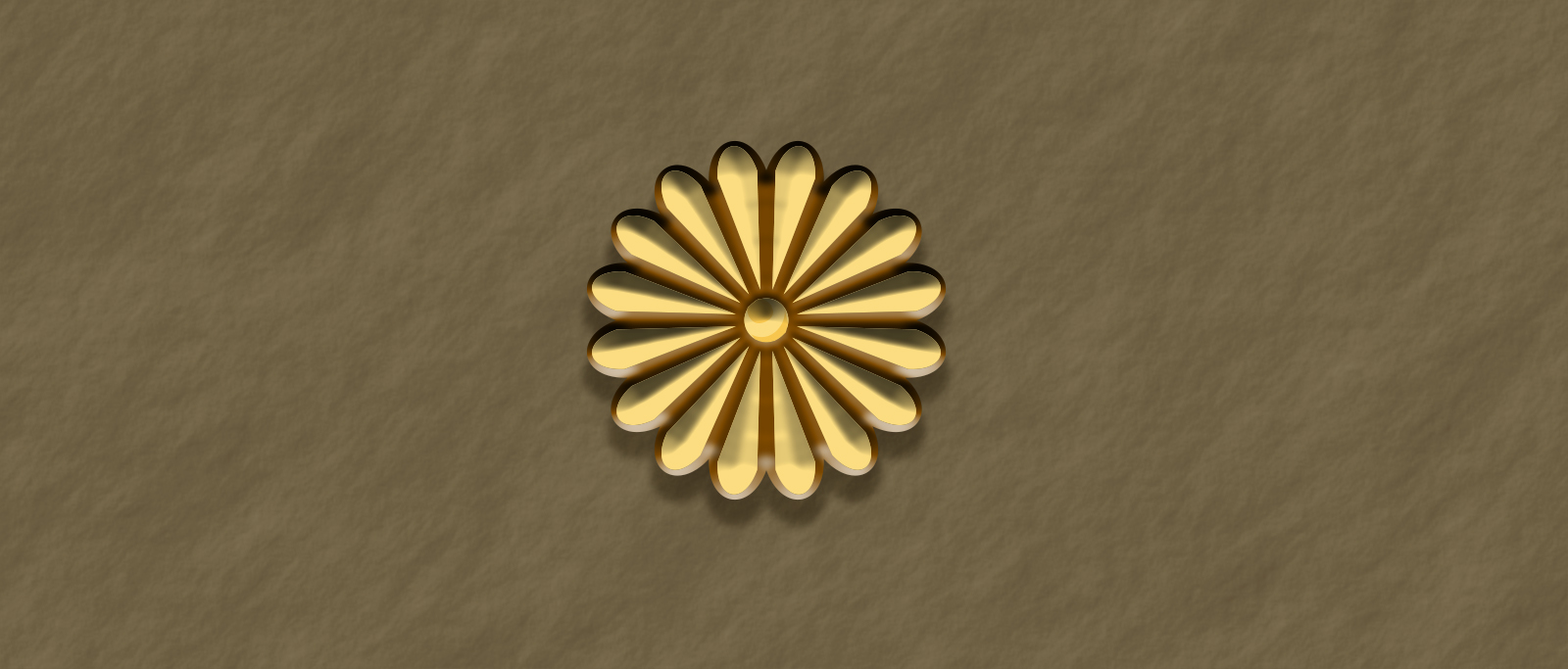Subahdar
"The procession disturbed workaday business. I write to you, mandhree, once again requesting stricter guidelines imposed upon visiting subahdari, honour be upon them. The splendour of the capital is enough to greet them. My business cannot continue to suffer the pause in commerce each time one of the subahdari, honour be upon them, decide to visit the Grand Palace. I look forward to your reply, honoured mandhree, and the change to procedure that will be certainly welcomed by every working person in this most blessed of cities."Subahdar is a civic and legal title in the Ghandaran Empire. Subahdari administer developments in their districts, rule on criminal law, and are responsible for ensuring the peace and wellbeing of their district and the people in it. In the layered Ghandaran Imperial system, Subhadari are equivalent to generals in the civic sphere.Under Ghandaran law, a subahdar must be a Ghandaran citizen, though they need not have been born on Ghandarn soil. A subahdar must be able to speak, read and write Ghandaran, and have a working knowledge of Ghandaran law and justice.
Responsibilities, Rewards and Rights
A subahdar is appointed by a mansabdar under the auspice of the Ghandaran Emperor. Mansabdari do not need to justify their appointment of an individual to any save the Imperial family and those acting on their behalf. There is no official ritual for the appointment of a subadhar, but mansabdari add their flourish to the appointment in their own way. Once appointed, a subahdar wears a golden brooch bearing the mark of his district decorated with two feathers dyed to the familial colour of the subahdar and mansabdar's families.A subahdar is expected to administer their district in accordance with Ghandaran justice. Subhadari must record all their legal decisions, and any decisions made regarding matters in their district. These records are submitted to the subhadar's mansabdar every three moons. Subahdari must maintain a militia force numbering at least one tenth of the population of their district. The subahdar and district militia are required to answer a call to arms by the relevant mansabdar. In return for their service, subahdari receive a stipend from their mansabdar and may request lodging in the Imperial Palace when visiting the city of Ghandara. Subahdari are entitled to a tenth of the wealth and produce their district produces. A subahdar may be dismissed by his mansabdar or by a member of the Imperial family. A mansabdar must provide the subhadar and their family with justification for this dismissal, and send a copy of this justification to the Imperial family in Ghandara.
The Sophisticate's View of Subahdari
While a subahdar is without a doubt worthy of respect and honour, the learned and urbane people of Ghandara tend to view subahdari as drunks who have overindulged on their egos. A subahdar from the provinces is likened to an insecure child by the upper classes of the capital; one whose achievements must be recognised lest they crumple. Merchants in the empire's capital, a cunning and shrewd lot, know better the value of the rural subahdari. An expensive trinket from the capital is a symbol of wealth and power to the bucolic bureaucrats, and it is easier to travel with a light purse.
Type
Civic, Law
Form of Address
Subah

Comments